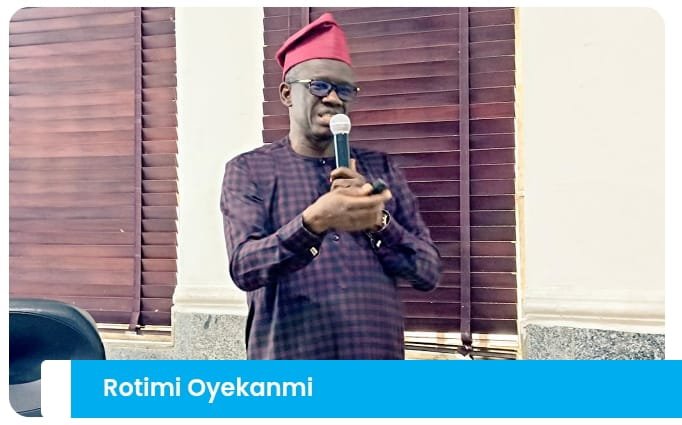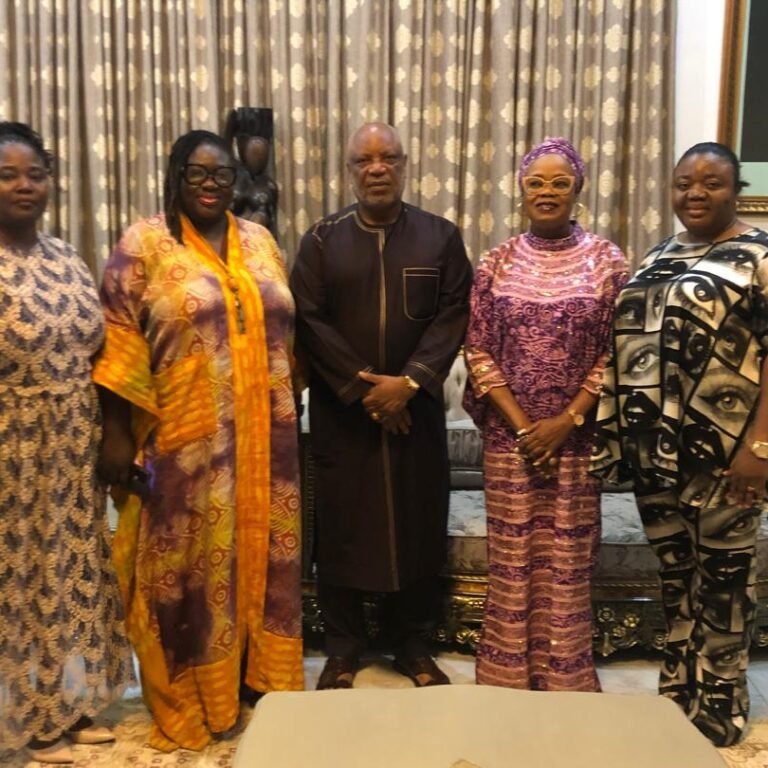
By Deji Adeyanju, Esq.
On July 11, 2024, the Supreme Court of Nigeria delivered a watershed judgment in Attorney-General of the Federation v. Attorney-General of Abia State & 35 Others, affirming the constitutional status and financial autonomy of Nigeria’s 774 local government councils.
In a unanimous decision, the apex court held that the long-standing practice of funneling local government funds through the State Joint Local Government Account often used by state governors to hijack and misappropriate federal allocations was unconstitutional. Justice Emmanuel Agim, in delivering the lead judgment, underscored that Nigeria operates a three-tier system of government and that no tier is subservient to another.
The ruling further outlawed the appointment of unelected caretaker committees at the local level and ordered that federal allocations be paid directly into the accounts of local governments. The judgment was widely hailed as a bold reassertion of true federalism and a crucial step toward revitalizing Nigeria’s moribund local governance system. President Bola Ahmed Tinubu, whose administration initiated the suit, praised the decision as a pivotal reform to strengthen accountability and grassroots development.
However, one year later, the reality on the ground paints a troubling picture. Despite the Supreme Court’s unequivocal pronouncement, most state governments continue to act with blatant disregard for the ruling. Reports reveal that over ₦4.5 trillion in local government allocations have since been funneled through the discredited State Joint Accounts in clear violation of the Court’s directives.
The unlawful imposition of caretaker committees and the diversion of local funds also remain pervasive across many states.
This widespread defiance amounts to a direct assault on the Constitution and judicial authority. Section 287(1) of the 1999 Constitution (as amended) imposes a binding obligation on “all authorities and persons” across Nigeria to enforce the decisions of the Supreme Court. The ongoing disobedience by state actors is therefore not just contempt for the judiciary it is a breach of the Constitution itself.
The judgment aimed to restore the rule of law and strengthen constitutional democracy. Its non-enforcement exposes a deeper crisis: the persistent lack of political will and institutional courage to uphold the law when it threatens entrenched interests.
If the Federal Government and law enforcement agencies fail to act decisively, this landmark ruling risks becoming another hollow legal victory symbolic but without substance.








